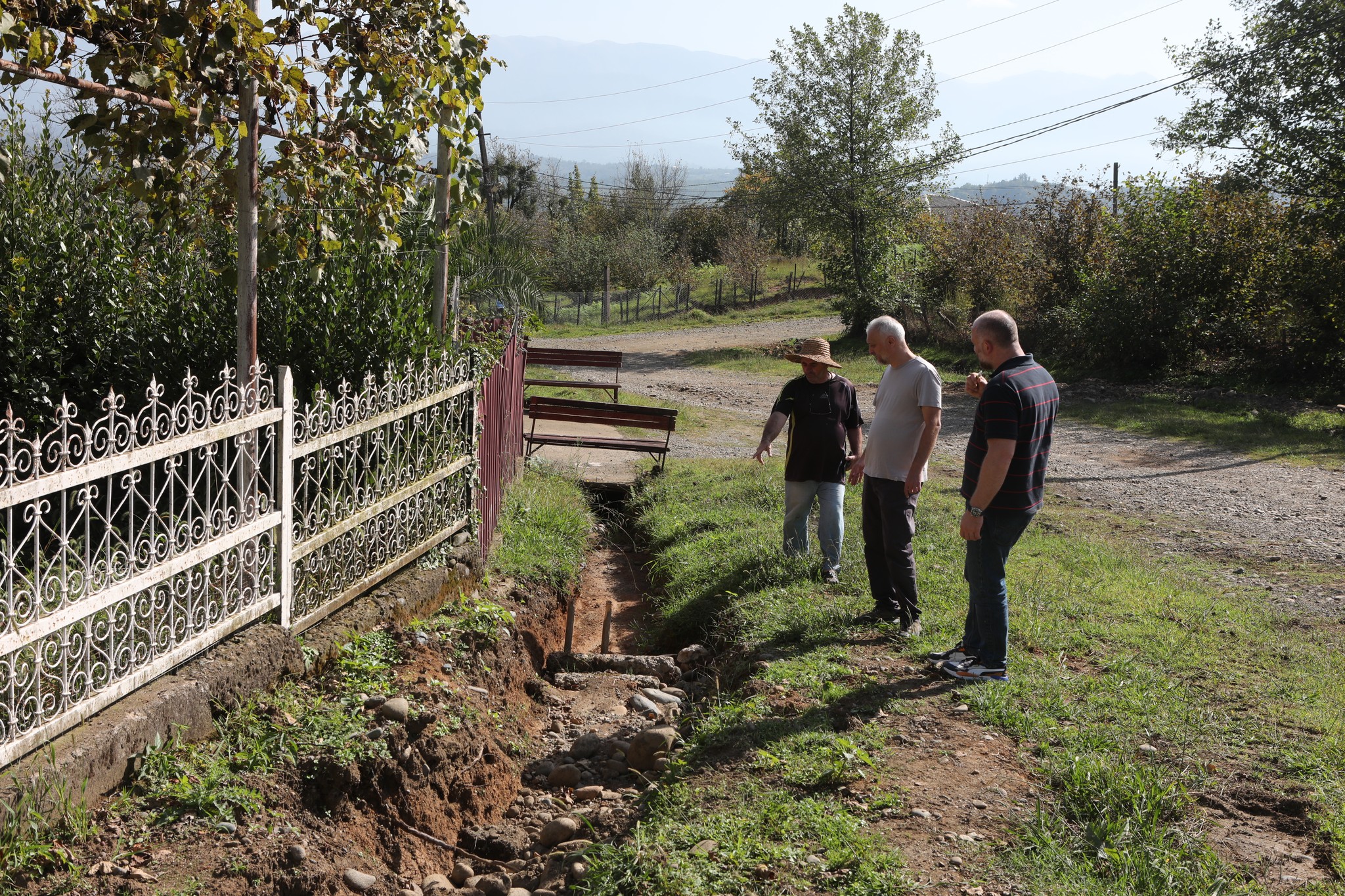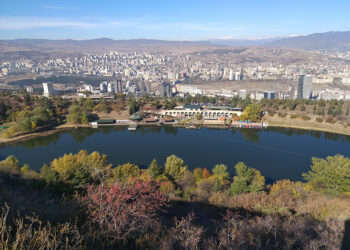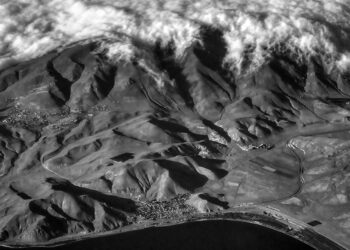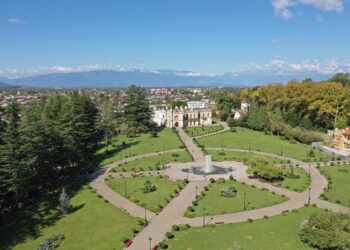Ozurgeti, Georgia — Investing in disaster prevention and climate resilience pays off significantly, with every lari spent generating more than tenfold benefits over a ten-year period, according to the United Nations Development Programme (UNDP).
As part of efforts to reduce flood risks and strengthen climate resilience in Georgia’s western regions, UNDP and the Government of Sweden are implementing a series of protective infrastructure projects in Ozurgeti Municipality, Guria region.

The works include:
-
Construction of stormwater drainage systems in the village of Dzimiti;
-
Riverbank protection and restoration of water channels in Supsa;
-
Installation of gabions and improvement of drainage channels in Bokhvauri.
UNDP says these targeted measures are designed to minimize the impact of floods and other natural disasters, which are becoming more frequent due to climate change. The initiative aims to safeguard local communities, prevent economic losses, and enhance long-term environmental sustainability.
The disaster-prevention activities in Ozurgeti are part of a broader UNDP-led Climate Change Adaptation Programme, implemented with the support of the Green Climate Fund (GCF), the Government of Georgia, Sweden, and Switzerland.
UNDP emphasizes that preventive infrastructure investments — such as reinforced embankments, cleaned canals, and upgraded water systems — not only protect people and property but also ensure that future climate shocks cause minimal disruption.

Georgia has faced increasing threats from flooding, landslides, and heavy rainfall in recent years. Strengthening regional infrastructure and developing local adaptation capacity remain central to the country’s national climate policy.
Photo: UNDP/Gogita Bukhaidze
Learn more about the programme














